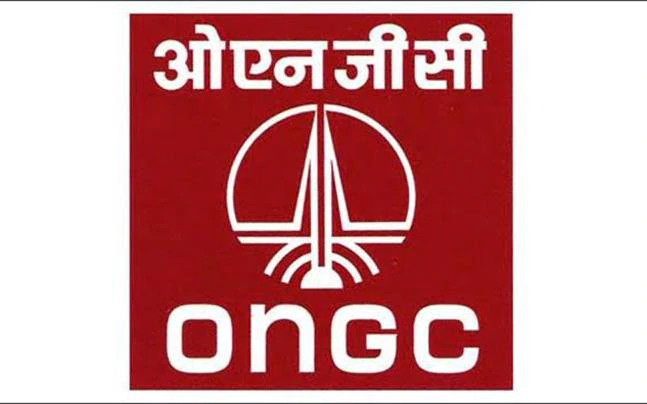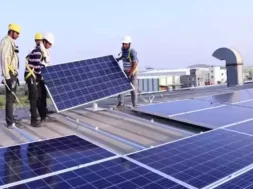
BENGALURU: Renewable energy minister Raj Kumar Singh has complained to finance minister Arun Jaitley that customs officials are demanding duty on imported solar equipment, which has led to ports getting jammed with shipments and jeopardised the prime minister’s flagship programme of accelerating renewable energy projects.
The solar industry has delayed acceptance of the consignments, protesting the decision of the Central Board of Excise and Customs to start charging basic import duty of 7.5% on solar panels and modules, which had been exempted from the levy until recently.
A new interpretation of import duty rules, initially at Chennai as reported in ET on October 12, has been extended to other ports, leading to a pile-up of thousands of solar panel and module containers even after renewable energy ministry secretary Anand Kumar brought the matter to the notice of the customs official concerned more than six weeks ago. More than 90% of the solar panels and modules used in India are imported, mostly from China.
Solar modules were traditionally clubbed with diodes, transistors, photosensitive semiconductor devices and light-emitting diodes, which are exempt from import duty.

Lately, however, customs officials insisted they fall in the category of electrical motors and generators and attract 7.5% import duty, apart from education cess.
“There is no doubt that panels and modules are used for generating electricity – but they are used for generating renewable energy and that is why the government took a conscious decision that they should be allowed to be imported without any customs duty,” Singh said in the recent letter. “The officers concerned do not seem to have grasped this distinction.”
“I shall be grateful if officers are directed that photovoltaic panels/modules being imported for solar power generating systems/plants be allowed to be imported under the nil rate of duty… as has been done so far,” the minister said in the letter. However, the letter has made no impact. Instead, developers with consignments reaching the ports of Krishnapatnam, Mundra and Nava Sheva faced the same duty demand.
When the problem started in September, most developers resisted paying, but with consignments piling up and the prospect of projects getting delayed, some are falling in line, either paying or providing bank guarantees
“Ultimately, we gave a bank guarantee of Rs 52 lakh for the basic 7.5% duty. We were not charged any penalty,” said a leading developer with 108 containers held up for 20 days at Krishnapatnam. “At Chennai port, we had to pay Rs 3.15 crore, along with another 15% as penalty. We expect consignments of around 900 MW in the next few months and if this new classification continues, we will have to pay an additional Rs 162 crore.”
“It is simple arm-twisting,” said another developer, which provided a Rs 70-crore bank guarantee at Chennai and incurred an additional loss of Rs 40 crore on demurrage. Developers are unanimous that unless the matter is resolved, the additional charge will increase solar tariffs.
“There is certainly going to be an effect on tariffs, to the tune of 40 paise per unit or so, which will impact the bottom lines of developers,” said a developer.
“It is a matter of wrong classification,” MNRE secretary Kumar had told ET when the problem first emerged. “They are sorting out the matter. I’ve talked to the board member concerned.”
This time, however, he declined to comment.
Source: economictimes.indiatimes















